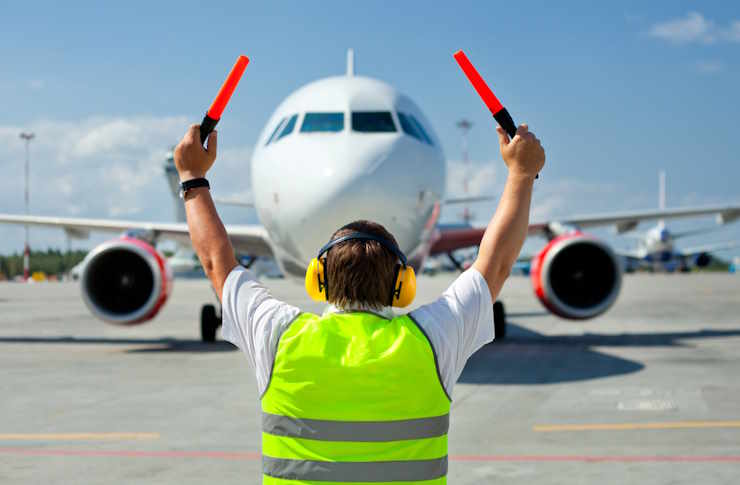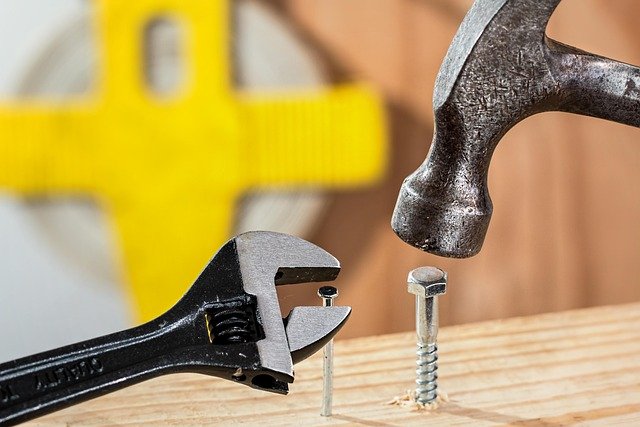Understanding Airplane Cleanup Crew Positions in Aviation
Airplane cleanup crews serve a critical function in the aviation industry by maintaining aircraft cleanliness and sanitation standards. These professionals work behind the scenes to ensure aircraft interiors meet hygiene requirements and passenger expectations. For individuals interested in the aviation field, understanding the nature of airplane cleanup work provides insights into one segment of airport operations that contributes to the overall passenger experience.

The aviation industry encompasses numerous roles that keep airports and aircraft functioning efficiently, with airplane cleanup personnel fulfilling essential maintenance functions. These professionals contribute to passenger comfort, aircraft longevity, and operational standards by performing regular cleaning and sanitation duties. Understanding the nature of airplane cleanup work provides perspective on the broader ecosystem of airport operations and the various career paths that exist within aviation maintenance and ground services.
What Does an Airplane Cleanup Crew Do?
Airplane cleanup personnel are responsible for maintaining aircraft cleanliness and hygiene standards. Typical responsibilities include removing trash from seat pockets and overhead bins, vacuuming carpets and upholstery, sanitizing lavatories, wiping down tray tables and armrests, and restocking cabin supplies. For international flights, additional duties may involve removing remaining food items to comply with customs regulations. More comprehensive cleaning occurs during overnight stops, addressing areas that cannot be adequately maintained during brief turnarounds.
The work typically requires physical stamina, as personnel work in confined spaces and must complete tasks within defined time parameters. Airlines generally establish detailed cleaning protocols to maintain consistent standards across their fleet. In recent years, sanitation procedures have evolved to include enhanced disinfection of high-touch surfaces throughout aircraft cabins, reflecting changing industry standards and passenger expectations regarding cleanliness.
Qualifications for Airplane Cleanup Crew Positions
The airplane cleanup field generally requires minimal formal education, with most positions specifying a high school diploma or equivalent as the educational baseline. However, certain qualities and skills contribute to effectiveness in this role. Physical fitness is important due to the active nature of the work, which involves bending, reaching, and lifting in confined spaces. Attention to detail ensures thoroughness in the cleaning process, while time management skills help meet operational schedules.
Aviation service organizations typically provide job-specific training covering cleaning procedures, safety protocols, and hazardous materials handling. Security clearance processes often include background checks and substance screening due to the security-sensitive nature of airport environments. While not universally required, previous experience in hospitality, janitorial services, or customer service can be relevant. Some positions necessitate airport security clearance eligibility, which involves additional background verification procedures.
Career Advancement in Airplane Cleanup Crew Careers
The airplane cleanup field can serve as an entry point to broader aviation career paths. With experience, individuals may progress to supervisory positions overseeing cleaning operations and ensuring quality standards. Some advance to cabin appearance management roles that coordinate with flight operations to maintain cleanliness standards across multiple aircraft.
The familiarity with airport operations gained in cleanup roles can be applicable to other aviation functions such as baggage handling, ground operations, or customer service. Aviation organizations sometimes fill positions through internal advancement, allowing those who demonstrate strong work ethic and reliability to transition to different departments. Some individuals pursue additional qualifications to prepare for flight attendant positions or technical roles in aircraft maintenance.
Professional development in this field might include specialized training in sanitation techniques, biohazard management, or leadership skills. Building professional connections within the airport community can provide awareness of various positions within airlines, airport authorities, or aviation service organizations.
Working Conditions and Schedules in Airplane Cleanup Crew Positions
The aviation industry operates continuously, with aircraft arrivals and departures occurring throughout all hours. This operational reality means cleanup personnel typically work in shifts that may include weekends, holidays, and overnight hours, particularly for international flights or aircraft undergoing comprehensive cleaning. The environment is generally fast-paced, with cleaning teams often having limited time between flights to complete their tasks.
Physical aspects of the work include standing for extended periods, frequent bending and reaching, and navigating narrow aisles and confined spaces. Personnel may work with various cleaning agents, though training and protective equipment are standard industry practices. Weather conditions can affect working environments, particularly for exterior cleaning tasks or when accessing aircraft on the tarmac.
The aviation industry has established working conditions that typically include structured schedules and defined responsibilities. Organizations in this sector often offer benefit structures that may include healthcare coverage and retirement plans, with specific packages varying by employer and position type.
Compensation Structure in Airplane Cleanup Crew Careers
Compensation in the airplane cleanup field varies based on several factors including geographic location, experience level, organization size, and whether positions are with airlines directly or through service contractors. Entry-level compensation typically aligns with standard wages for similar skill-level positions in other industries.
| Organization Type | Typical Entry-Level Range | Experienced Range | Common Benefits |
|---|---|---|---|
| Major Airlines | $15-18/hour | $20-25/hour | Health insurance, travel privileges, retirement options |
| Regional Airlines | $13-16/hour | $17-22/hour | Basic health coverage, limited travel benefits |
| Service Contractors | $12-15/hour | $16-20/hour | Variable benefits structures |
| Airport Authorities | $14-17/hour | $18-23/hour | Government-style benefit packages |
Prices, rates, or cost estimates mentioned in this article are based on the latest available information but may change over time. Independent research is advised before making financial decisions.
Many aviation employers implement differential pay for overnight or weekend shifts. Full-time positions typically include benefits packages that may feature health insurance, paid time off, and retirement options. A distinctive aspect of aviation industry employment is the potential for travel benefits, with many airlines offering reduced-rate travel opportunities for employees, though specific policies vary by organization.
Understanding the Airplane Cleanup Crew Career Path
Those interested in the airplane cleanup field can benefit from understanding the industry structure and potential employers operating at airports. The aviation ecosystem includes major airlines, regional carriers, airport authorities, and specialized service contractors that maintain aircraft cleanliness standards.
When considering this field, developing a professional profile that highlights relevant capabilities such as attention to detail, physical stamina, time management, and any previous experience in cleaning or customer service environments can be beneficial. Understanding the 24/7 nature of airport operations and demonstrating schedule flexibility are important considerations in this sector.
The aviation industry typically conducts thorough vetting processes including background verification and substance screening for qualified candidates. Once in the field, individuals generally receive training covering cleaning procedures, safety protocols, security awareness, and hazardous materials handling, with duration varying by organization.
For those interested in long-term aviation careers, understanding how airplane cleanup positions fit within the broader industry context provides perspective on potential career development paths. The experience gained in these roles offers insights into aviation operations that can inform career decisions and professional development strategies within the transportation sector.




